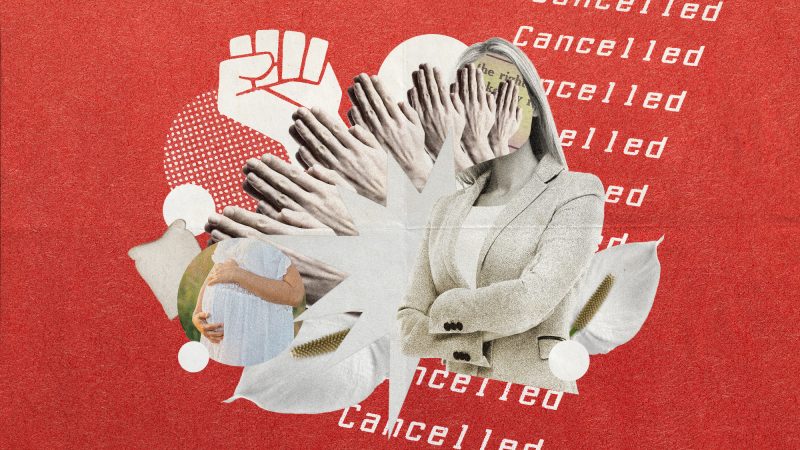
“I know you are, but what am I?” This childish retort, once confined to schoolyards, now echoes ominously in the halls of American political power. The rise of the so-called ‘woke right’ presents a fascinating, and frankly unsettling, paradox. It’s a movement that leverages the language and tactics of progressive activism – accusations of hypocrisy, calls for social justice, and appeals to moral outrage – but twists them to serve a decidedly conservative agenda.
This isn’t your grandfather’s Republican party. While traditional conservatives focused on fiscal responsibility and limited government, the ‘woke right’ has adopted a more culturally focused approach. They’ve skillfully identified and amplified anxieties surrounding issues like critical race theory, gender identity, and perceived threats to traditional values. This strategy allows them to tap into a deep well of cultural resentment, often bypassing traditional political discourse and directly engaging with voters’ emotions.
The effectiveness of this strategy is undeniable. The ‘woke right’ has successfully mobilized a significant segment of the population, often through social media and carefully crafted messaging. They frame their arguments as a defense against an encroaching ‘woke’ agenda, portraying themselves as the true defenders of freedom and traditional American values. This framing is particularly potent in areas where economic anxieties and cultural change are intertwined.
However, the long-term implications of this movement remain uncertain. The internal contradictions within the ‘woke right’ – the inherent tension between conservative principles and the adoption of progressive rhetorical strategies – could eventually lead to fragmentation. Furthermore, the very tactics they employ risk backfiring, potentially alienating moderate voters and further polarizing the political landscape.
Ultimately, understanding the rise of the ‘woke right’ requires a nuanced approach. It’s not simply a matter of conservative resurgence, but a complex interplay of cultural anxieties, political strategy, and the evolving nature of political communication in the digital age. The question remains: will this paradoxical power grab prove sustainable, or will its internal contradictions ultimately lead to its downfall?










